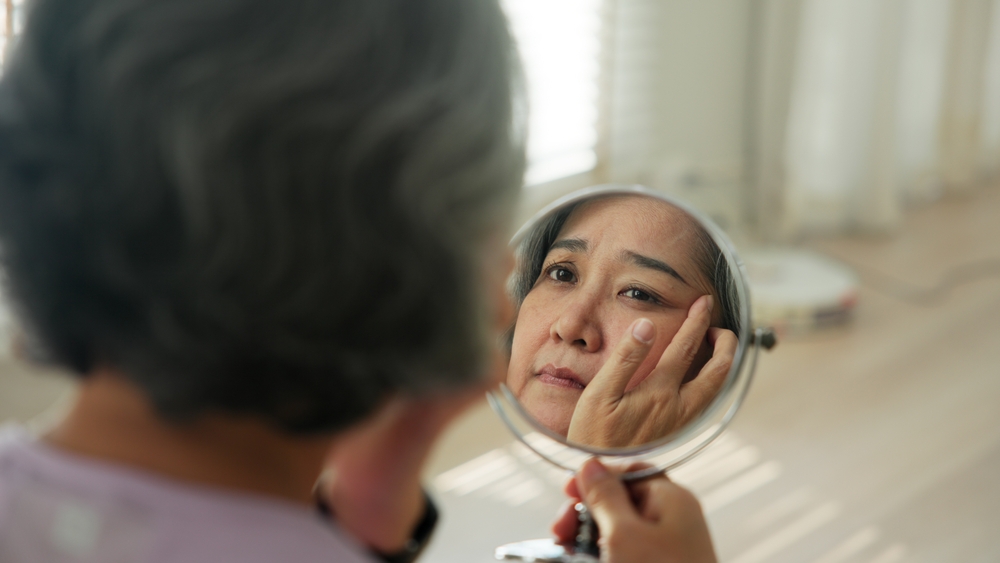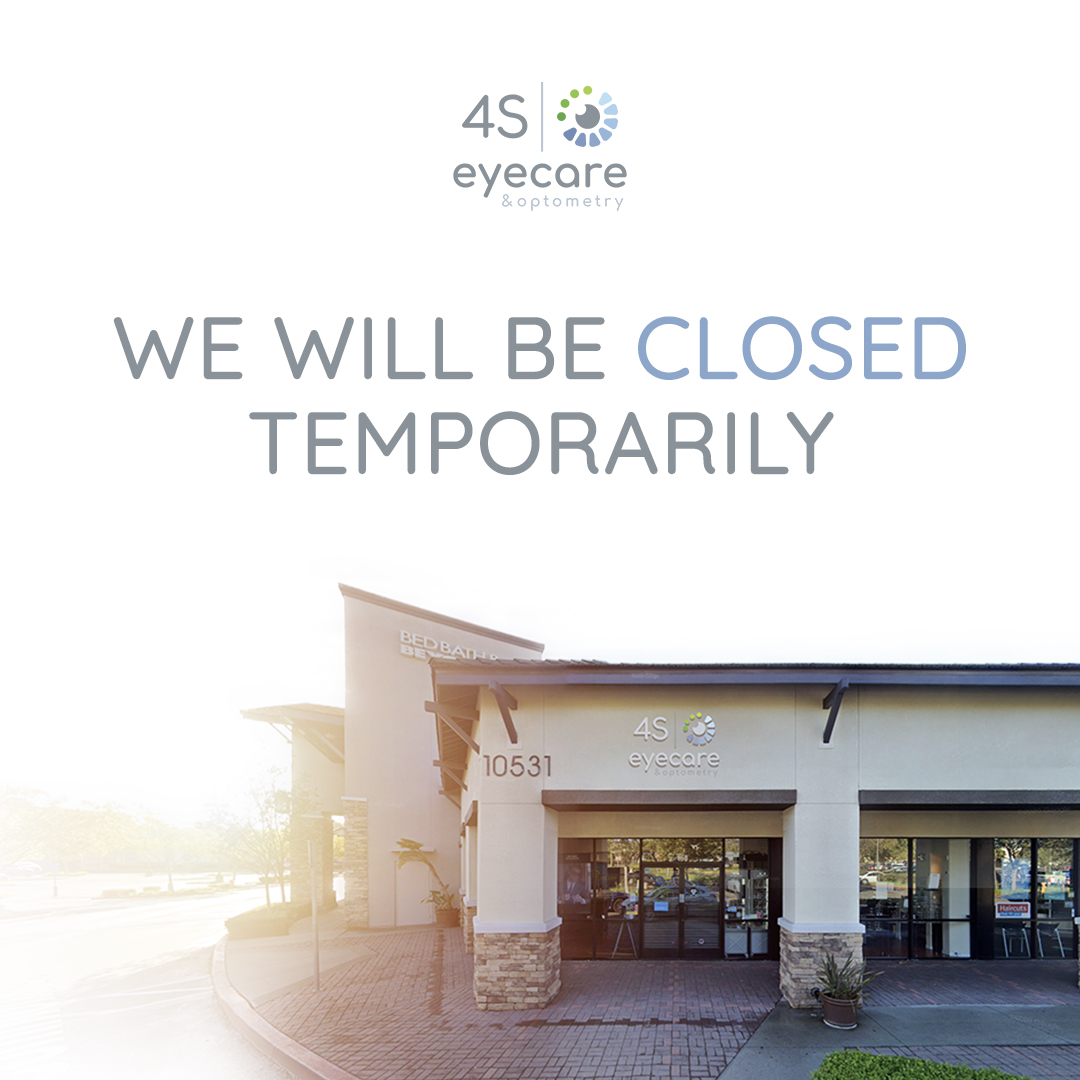
Dry eye disease is a common and often frustrating condition that affects millions of people worldwide. It occurs when your eyes don’t produce enough tears or when the tears evaporate too quickly. While symptoms may start out mild, ignoring them can lead to chronic discomfort and even long-term damage to the surface of the eye. Recognizing the signs early and seeking professional care can make all the difference in protecting your vision and comfort.
Persistent Eye Irritation or Grittiness
One of the most common symptoms of dry eye is a constant feeling that something is in your eye. This “foreign body sensation” may feel like sand or dust trapped under your eyelids. It’s often worse in dry, windy environments or after long periods of screen use.
Redness and Inflammation
If your eyes frequently appear red or bloodshot, it could be more than just tiredness. Chronic dryness can cause inflammation on the eye’s surface, leading to redness and discomfort. This symptom can become more noticeable throughout the day as your tear film becomes unstable.
Excessive Tearing
Although it may seem counterintuitive, watery eyes can actually be a sign of dry eye. When your eyes sense irritation, they may produce reflex tears that don’t contain the same protective oils and mucins as healthy tears. As a result, your eyes remain dry even though they appear watery.
Blurry Vision
Dryness can cause your vision to fluctuate throughout the day. The tear film plays a critical role in keeping the surface of the eye smooth and clear. When that layer breaks down, your vision may blur temporarily, especially after reading, driving, or using digital devices.
Light Sensitivity
Increased sensitivity to light (photophobia) is another symptom of dry eye. Without adequate moisture, the eyes become more vulnerable to bright light, sunlight, or glare from screens, leading to squinting or discomfort in well-lit environments.
Difficulty Wearing Contact Lenses
If your contacts suddenly feel uncomfortable, dry eye may be the reason. Reduced tear production or poor tear quality can make it harder for contact lenses to stay moist, leading to irritation and shorter wear times.
When to See an Optometrist
Occasional dryness or irritation might not seem serious, but chronic symptoms should never be ignored. Left untreated, dry eye can lead to corneal damage, infections, or vision changes. A comprehensive eye exam can help identify the underlying cause and determine the best treatment - from artificial tears and prescription eye drops to advanced therapies and lifestyle recommendations.
Relieve Your Dry Eyes with Expert Care
Dry eye symptoms can affect your comfort, productivity, and overall eye health. Recognizing the signs early and seeking professional care ensures lasting relief and helps protect your vision for years to come. Don’t wait for symptoms to worsen - proactive care is key to maintaining healthy eyes.









